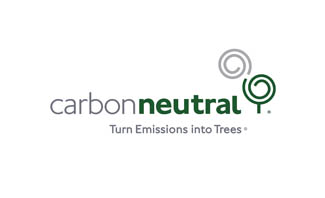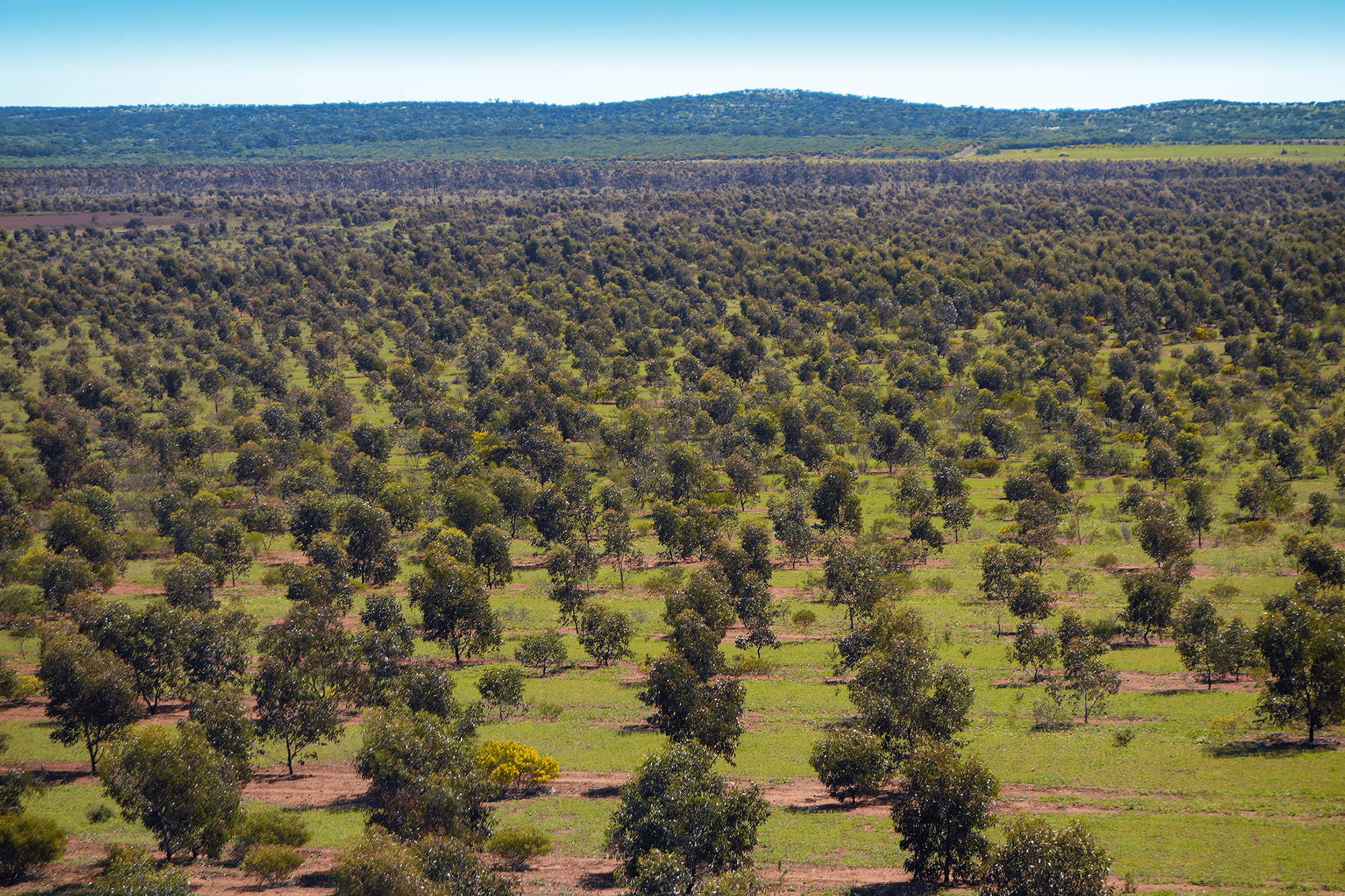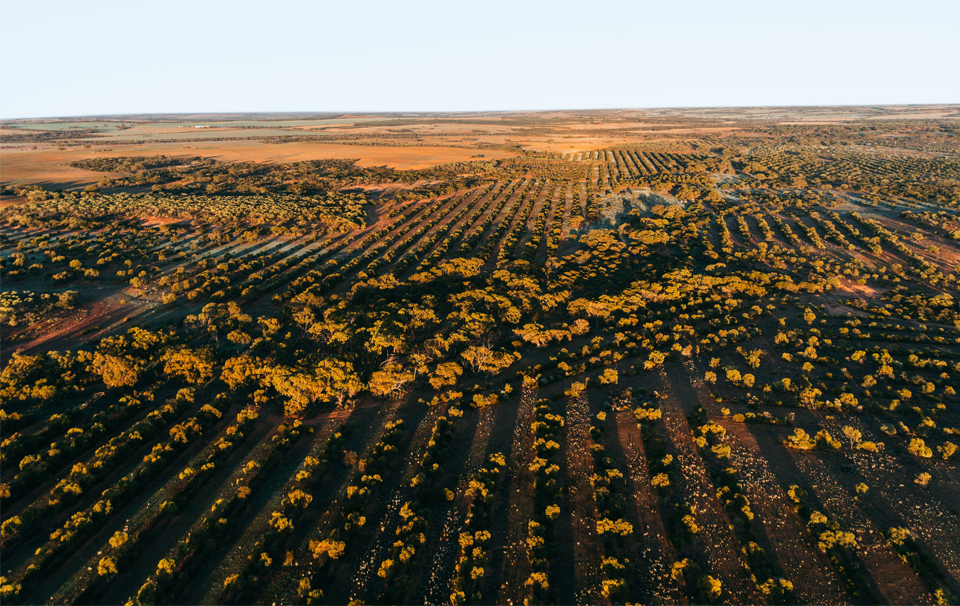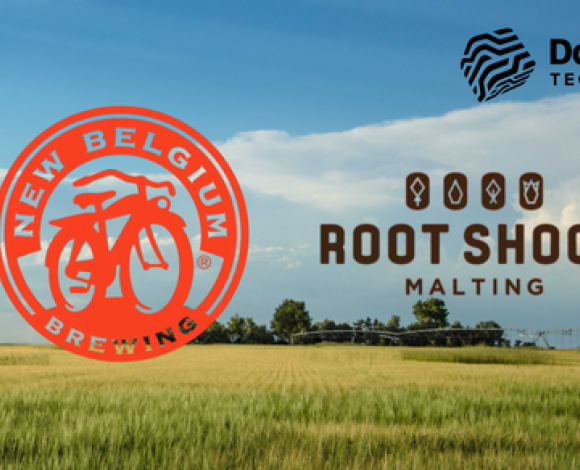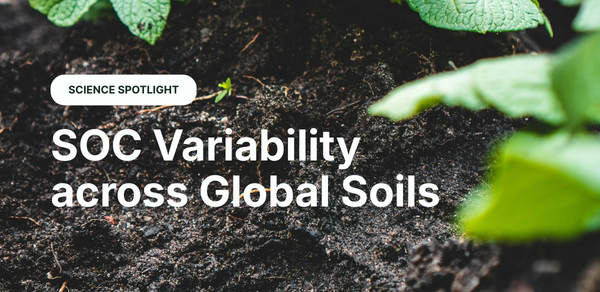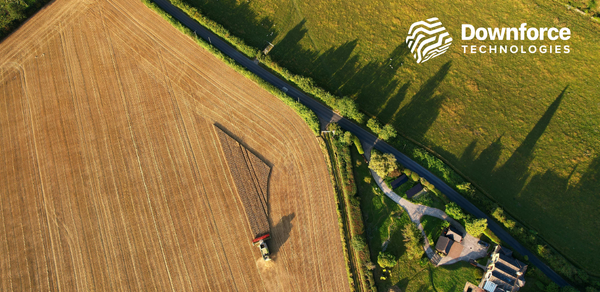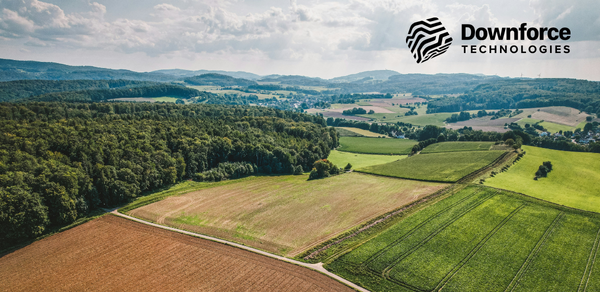Helping Carbon Neutral expand into soil carbon projects
Digging into soil history and potential for site identification and project planning
Carbon Neutral is one of Australia's longest-standing providers of carbon offset and reduction solutions, supporting a diverse range of clients from individuals to large corporations. Its carbon advisory services help clients measure their greenhouse gas emissions and devise strategies for reduction, while its Plant-a-Tree program has seen over 30 million trees and shrubs planted to restore the Australian environment and offset hundreds of thousands of tonnes of carbon.
Despite the success of these tree carbon projects, this strategy has limitations. Projects can’t run in agriculturally productive areas so tree planting is restricted to lower production areas of farms, reducing the scale at which carbon sequestration can be delivered. Carbon Neutral’s aim was to offer its customers and project the ability to sequester carbon at scale. With soil representing the world’s largest carbon sink, Carbon Neutral recognised that soil carbon would enable it to offer its customers the ability to manage their agricultural production to aid the long term soil carbon sequestration. Improving soil carbon stocks is an attractive proposition for the farmers themselves - as healthier soils lead to increased yields, less reliance on synthetic fertilisers/pesticides and access to potential new sources of revenue through the generation of carbon credits.
Delivering nature-based data
In order to successfully expand into soil carbon projects, Carbon Neutral needed a way to perform effective due diligence, identify the soil carbon potential of different sites, and measure and validate an increase in soil carbon stocks, cost-efficiently and at scale.
A successful soil carbon project needs accurate baselines of existing Soil Organic Carbon (SOC) levels and ongoing monitoring of their increase over time. However, traditional monitoring methods such as soil testing can be costly, are difficult to manage at scale and do not provide an accurate evaluation of the variability in soil carbon stocks in time and across the land. Carbon Neutral solved this problem by enlisting Downforce Technologies to provide remote SOC baselining and monitoring of its portfolio.
Through Downforce Technologies’ platform, Carbon Neutral was able to identify the best sites for the project, with the greatest SOC potential. This assessment takes into account not only existing soil carbon stocks, but the variability in soil carbon over time, as well as the potential for additional carbon to be sequestered in that area. Downforce Technologies provides this information on a 10-square-metre resolution across a site, using metrics like current soil carbon stocks, soil carbon variability, and maximum soil carbon capacity. The Downforce SOC analysis also provides over 6 years worth of historical data, every 10 days which allows its customers to understand the impact of past climate events such as droughts and different management interventions on soil carbon outcomes.
This data is critical for Carbon Neutral in the scoping phase of any project, both when selecting/purchasing properties and liaising with its co-funding partners. The information provided by Downforce Technologies is also supporting Carbon Neutral’s tree carbon projects, helping identify areas of high SOC variability where revegetation could stabilise the soil.
Future-proofed projected planning
With Downforce Technology’s high quality, timely and remote measurements, Carbon Neutral is able to easily assess properties’ soil carbon stocks, variability and potential to sequester further carbon. This allows for more effective due diligence and early project planning as well as reducing implementation risk. By understanding the way the land behaves within a property, Downforce Technologies is also able to show how each area can be utilised to its fullest potential, making every hectare count.
This level of understanding also ensures Carbon Neutral can better serve its customers and investors. Each property and each investor can have different priorities, and planning for those broader objectives requires a clear understanding of the carbon potential.
With Downforce Technologies, Carbon Neutral has the full picture to make data-driven decisions on land management. From selecting the right areas of land for a project and establishing carbon baselines all the way to measuring and reporting on results, Carbon Neutral now has the insight it needs to support its customers and sequester carbon at scale and further establish its position as a trusted provider of carbon offsetting and reduction solutions, capable of meeting its clients’ demands both now and in the future.
“One of the major barriers to undertaking a soil carbon project is the cost of measuring changes in soil carbon stocks. Utilising the Downforce system can be cheaper than traditional soil coring methods and provides comprehensive easy to understand data."
Dr Phil Ireland, CEO at Carbon Neutral
“The key metrics Downforce provides allow a property to be stratified into the ‘highest and best’ land use types. This is typically a balance of tree carbon, soil carbon, cropping outcomes, livestock outcomes and desired biodiversity outcomes. A master plan of a property is not complete without the Downforce assessment!”
Dr Phil Ireland, CEO at Carbon Neutral

